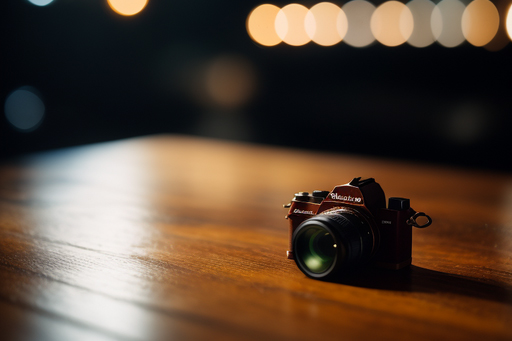Hello aspiring photographers.
Selecting the right camera is an exciting yet daunting task, especially when you’re just starting out. As a professional photographer, I’ve seen many beginners struggle with this decision, so I’m here to offer some guidance on what kind of camera you should get to kickstart your photography adventure. For this particular discussion, I’m not considering a phone camera, nor am I considering the advantages/disadvantages of a compact camera as part of this discussion.
The following are 10 things to consider when selecting a camera.
- Understand Your Interests: think about the type of photography that interests you the most. Are you drawn to landscapes, portraits, wildlife, or street photography? Do you want to incorporate any video into your work? Different camera types excel in various areas, so knowing your interests will help narrow down your choices.
- Consider Your Budget: before diving into camera options, determine your budget. Photography can be as affordable or as expensive as you want it to be. There are excellent options in every price range above a set minimum, so set a realistic budget that suits your financial situation.
- DSLR vs. Mirrorless: one of the first decisions to make is whether to go for a Digital Single-Lens Reflex (DSLR) or a Mirrorless camera. Both have their advantages, but mirrorless cameras are gaining popularity due to their more compact size and some advanced features such as integrated video. They are often a great choice for beginners but they do come with some negative considerations to be aware of.
- Sensor Size Matters: the size of the camera sensor impacts image quality and low-light performance. Entry-level cameras typically have APS-C sensors, which strike a good balance between image quality and portability.
- Lens Options: consider the available lenses for your chosen camera system. A versatile kit lens is excellent for beginners, but you may want to explore additional lenses as you progress in your photography journey.
- Ease of Use: user-friendliness matters, especially for beginners. Look for a camera with intuitive menus and controls. Some models even offer guided modes to help you learn the ropes but if you can’t manage through the menus and setting up your camera you will struggle.
- Size and Weight: think about how portable you want your camera to be. If you plan to carry it around frequently, a compact and lightweight camera might be a better fit.
- Research and Reviews: don’t rush the decision-making process. Read reviews, watch videos, and visit camera stores to get a hands-on feel for the cameras you’re interested in. Personal preferences can play a significant role in your choice.
- Consider Second-hand Options: if you’re on a tight budget, don’t dismiss the idea of buying a used camera from a reputable source. Many photographers upgrade their gear, offering quality used equipment at a fraction of a new price.
- Invest in Education: finally, remember that the camera is just a tool. Invest some of your budget in photography courses, workshops, or books. Understanding the fundamentals of photography is equally important, if not more so, than the camera itself.
So to summarize, choosing your first camera is a personal decision that should align with your interests, budget, and goals as a photographer. Take your time to research and consider your options, and don’t forget that your skills and creativity will ultimately define the quality of your photographs more than the camera you choose.
Happy shooting, and may your photography journey be filled with countless memorable moments!
Chris
